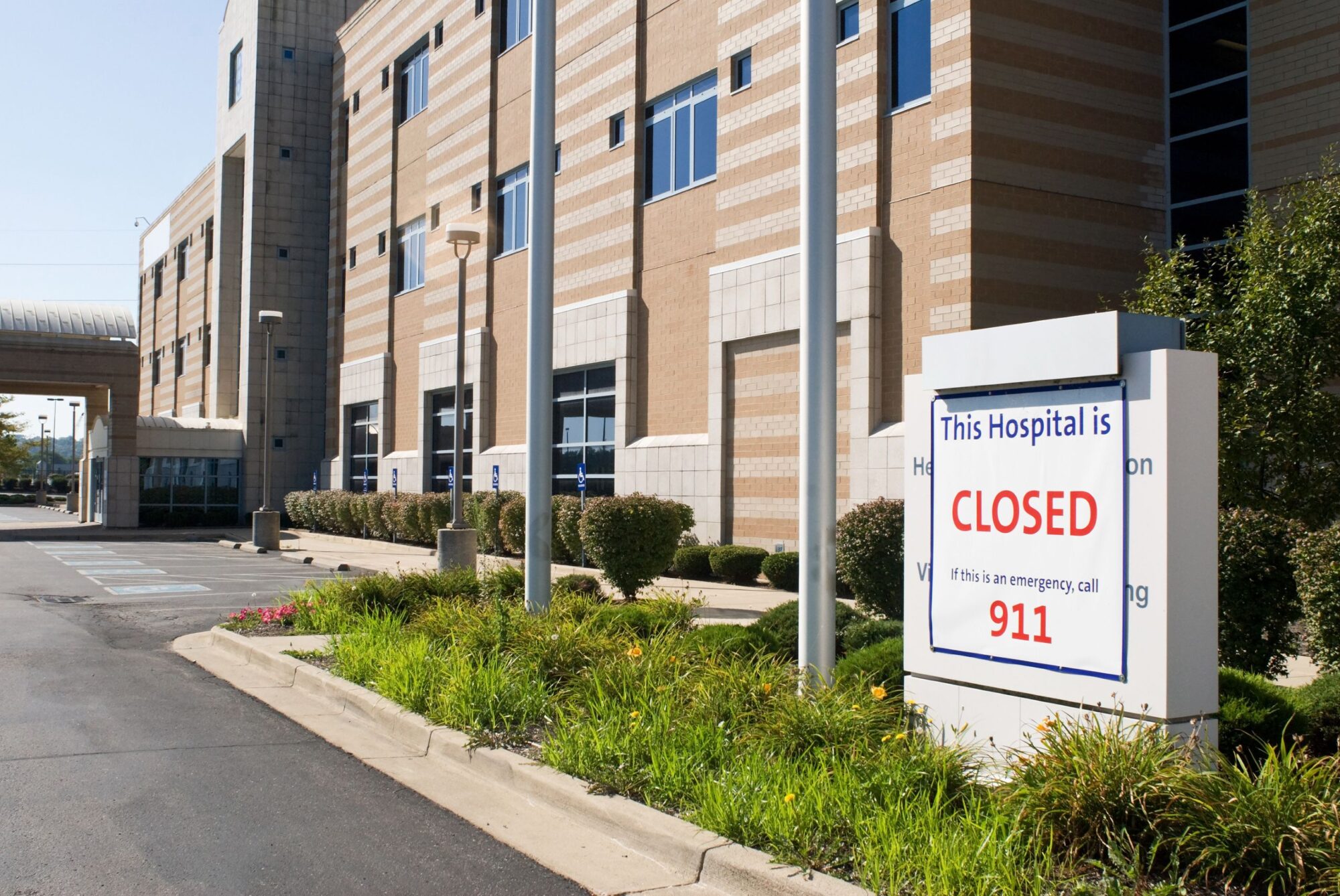Closing a healthcare facility brings numerous administrative challenges, but one critical area often gets overlooked: ongoing HIPAA compliance. Many healthcare administrators assume their legal obligations end when operations cease. This assumption creates serious compliance risks and potential penalties.
Patient privacy protections remain active long after doors close. Medical records require continuous protection, proper storage, and secure access systems throughout Tennessee and Georgia.
What Happens to HIPAA Requirements After a Facility Closes?
Understanding Ongoing Compliance Obligations
HIPAA obligations continue indefinitely after facility closure. The law requires covered entities to maintain safeguards for all Protected Health Information (PHI), regardless of operational status. This means your closed facility must still implement administrative, physical, and technical safeguards.
Compliance violations can result in substantial penalties ranging from $100 to $50,000 per incident. These fines apply whether your facility operates actively or closed years ago.
Who Retains Responsibility for Protected Health Information (PHI)?
The original covered entity remains responsible for PHI protection unless formally transferred to another HIPAA-compliant organization. This responsibility includes:
- Maintaining secure storage environments
- Processing patient access requests
- Handling authorized disclosures
- Reporting potential breaches to appropriate authorities
Healthcare administrators across Tennessee and Georgia must designate a qualified records custodian to handle these ongoing obligations.
Medical Record Retention Laws and Deadlines
Federal vs. State Recordkeeping Requirements
Federal HIPAA regulations establish minimum retention periods, but state laws often impose longer requirements. Tennessee requires medical records retention for seven years after treatment ends, while Georgia mandates ten years for adult patients and until age 28 for minors.
Understanding medical records retention laws prevents premature destruction of required documents and ensures compliance across multiple jurisdictions.
How Long Healthcare Providers Must Keep Patient Records
Retention periods vary based on patient type and record category. Adult records typically require seven to ten years of storage, while pediatric records need retention until the patient reaches adulthood plus additional years. Specialized records like mental health or substance abuse treatment may have different requirements.
These timeframes begin from the last treatment date, not the facility closure date.
Secure Management of Records After Closure
Options for Record Storage and Custodianship
Closed facilities have several options for ongoing record management. Some transfer records to another healthcare provider, while others engage specialized records management companies. Each option requires careful evaluation of HIPAA compliance capabilities and long-term viability.
Professional records management services offer dedicated infrastructure, trained personnel, and established processes for maintaining compliance throughout Tennessee and Georgia.
Preventing Data Breaches During Transition
Record transitions create vulnerability windows where breaches commonly occur. Physical records need secure transportation, while electronic files require encrypted transfer protocols.
Proper transition planning includes chain-of-custody documentation, access controls, and breach response procedures.
How Cariend Ensures HIPAA Compliance for Closed Facilities
Long-Term Record Storage and Access Solutions
Cariend maintains HIPAA-compliant storage facilities designed specifically for healthcare records. Our secure environments include climate controls, fire suppression systems, and restricted access protocols that exceed federal requirements.
We serve as your designated records custodian, handling all compliance obligations while you focus on closing administrative matters. Our team understands the unique challenges facing healthcare facilities throughout Tennessee and Georgia.
Handling Release Requests and Patient Inquiries Securely
Patient access requests continue after facility closure. Cariend manages these requests through established verification procedures, ensuring authorized releases while maintaining privacy protections.
Our comprehensive record management services include patient communication, request processing, and delivery coordination for both routine and urgent needs.
Key Takeaways for Healthcare Administrators
Maintaining Compliance Even After Operations Cease
HIPAA compliance remains active throughout the entire records retention period. Facilities must maintain privacy safeguards, security measures, and breach response capabilities regardless of operational status.
Proper planning prevents compliance gaps that could result in significant penalties and reputational damage.
Choosing the Right Partner for Post-Closure Record Management
Selecting a qualified records management partner protects your organization from ongoing liabilities while ensuring patient privacy rights. Look for providers with healthcare-specific experience, HIPAA training, and proven compliance track records.
Your records represent patient trust and regulatory obligations that continue long after closure. Professional management ensures these responsibilities receive proper attention throughout Tennessee and Georgia.
Cariend understands the complexities of post-closure compliance management. We provide compassionate, experienced guidance during difficult transitions while maintaining the highest privacy standards. Call us at (855) 516-0612 or complete our contact form today!










